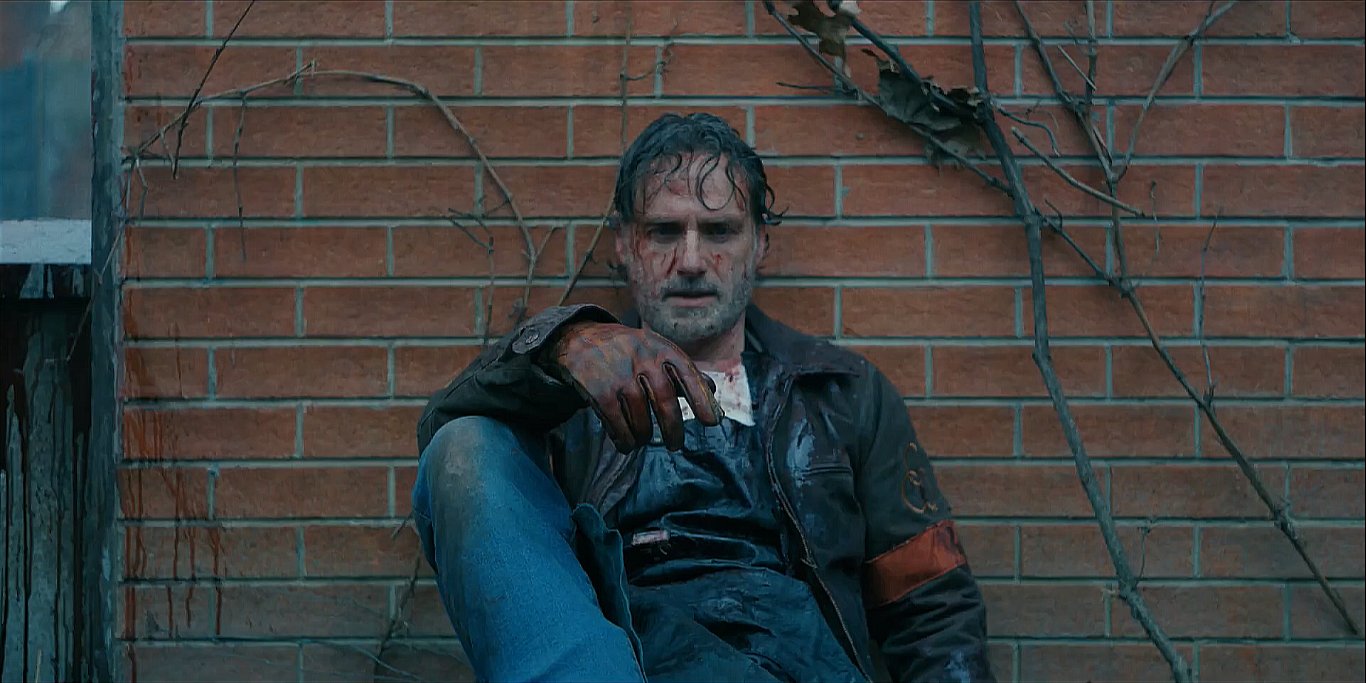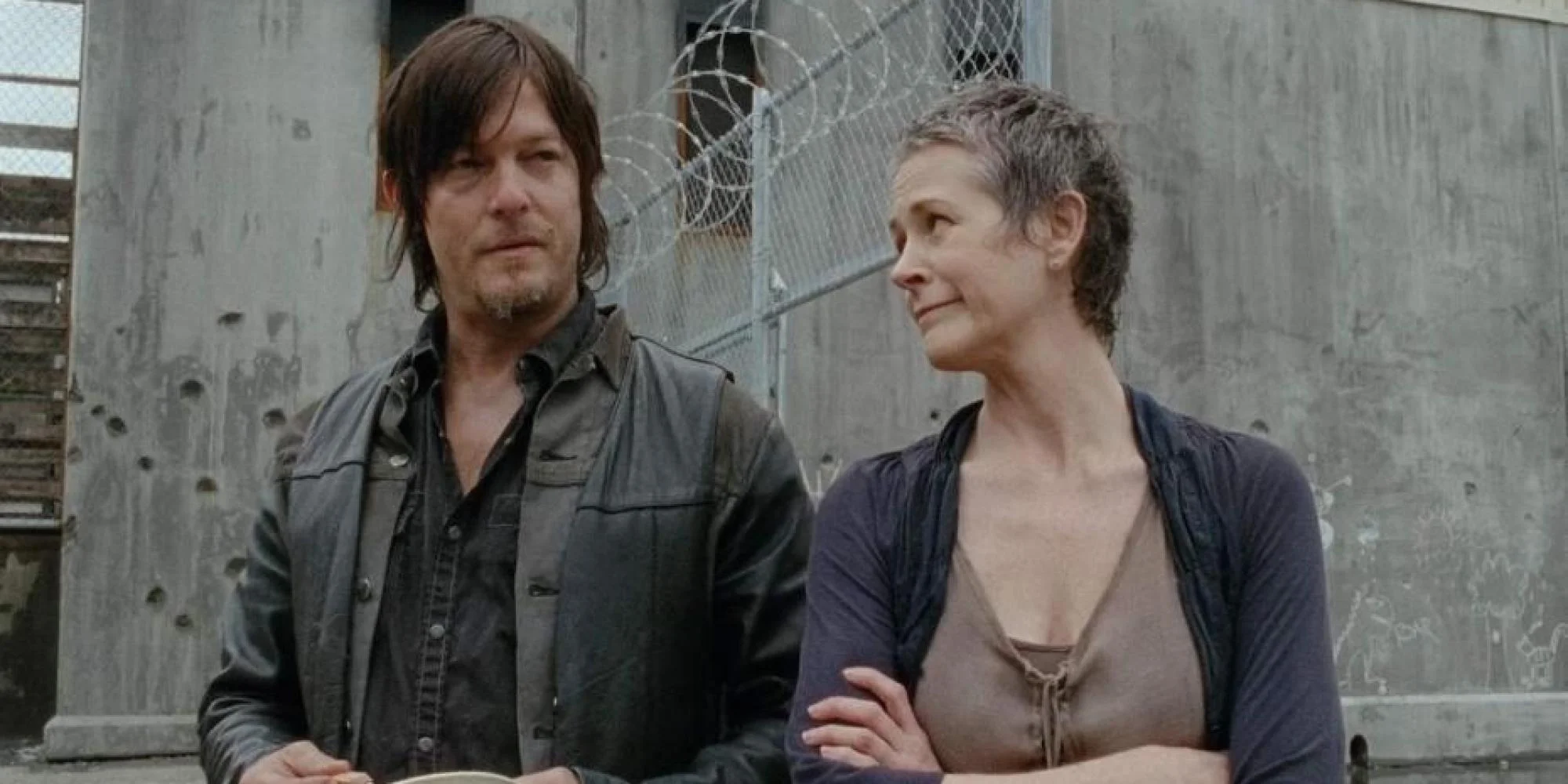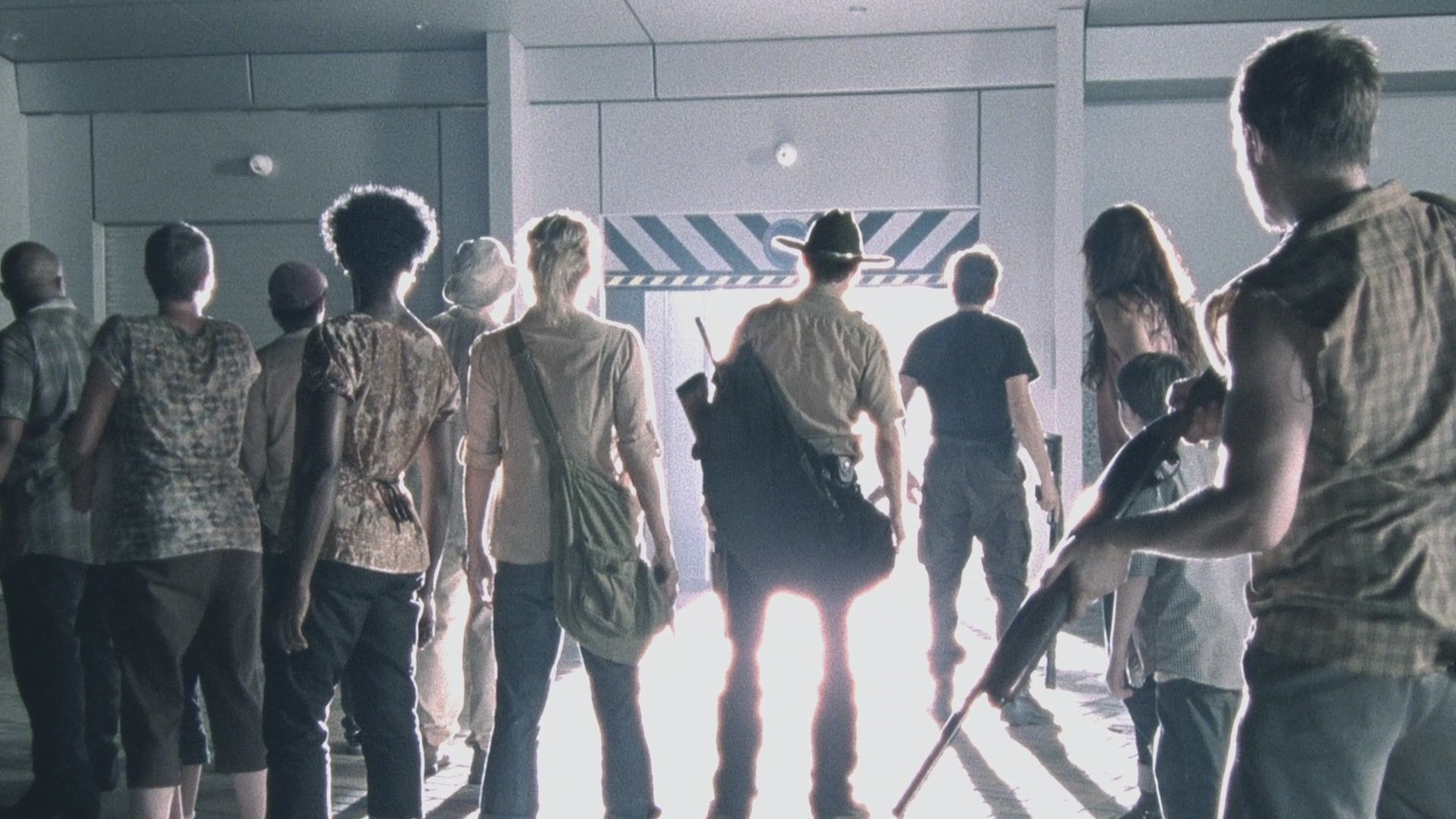
From the moment Rick Grimes, Andrew Lincoln, stirred from his coma into a world devoured by the dead, The Walking Dead clawed its way into the pop culture consciousness, not just as a zombie show, but as a chilling, protracted autopsy of the human soul.
For over a decade, we watched, enthralled and repulsed, as survivors grappled not just with shambling corpses, but with the rotting core of their own humanity. Forget the gore, the headshots, and the gut-munching—though HorrorPsych would never deny their visceral appeal—the true horror of The Walking Dead lies in its relentless, dark psychoanalysis of what happens when society crumbles, and the beast within is unleashed.
The walkers, those festering symbols of rampant decay, quickly became little more than background noise, a perpetual environmental threat. The real terror, the gnawing dread that clung to every episode, was the horrifying realization that the living were often far more monstrous than the dead. We witnessed the slow, agonizing descent of once-decent people into pragmatic killers, desperate survivors, and, in far too many cases, outright psychopaths.

Take Rick Grimes, the moral compass who shattered and reformed countless times. His journey, from a bewildered sheriff to a ruthless leader willing to bite out a man’s throat, is a terrifying testament to the corrosive power of perpetual trauma. The lines he drew in the sand, the rules he clung to, were systematically eroded by the sheer brutality of his new reality. His leadership, born of necessity, often bordered on tyranny, leaving us to question if he was truly saving his flock, or merely building a personal kingdom on a mountain of moral compromises.
Then there’s Carol Peletier, Melissa McBride, arguably the most fascinating and terrifying evolution on the show. From a meek, abused housewife, she transformed into a stone-cold survivor capable of unimaginable acts for the sake of her chosen family. Her quiet calculating nature, her chilling ability to compartmentalize and execute, makes her a force more unsettling than any herd of walkers. She embodies the chilling truth that survival, in this world, demands a sacrifice of self that can leave behind a shell far more dangerous than the external threat.

And Daryl Dixon, Norman Reedus, the quintessential loner who found family in the apocalypse. His loyalty is fierce, his instincts sharp, but beneath the stoic exterior lies a deep well of pain and a primal ferocity honed by a lifetime of hard knocks. He’s the embodiment of the animalistic survival instinct, capable of immense compassion but also capable of delivering brutal, unflinching violence when pushed. His internal struggle with his own violent impulses mirrors the audience’s discomfort with the characters’ necessary evils.
But the ultimate mirror to humanity’s darkest impulses arrived in the form of Negan, Jeffrey Dean Morgan. He wasn’t a product of the apocalypse; he was its perfected predator, a charismatic sadist who reveled in control and exploited the very human need for security. His reign of terror, built on fear and forced loyalty, laid bare the fragility of civilization and the ease with which people will submit to a strong hand, no matter how cruel, when faced with utter chaos. He exposed the latent authoritarianism within the best of us, and the eager subservience within the rest.
The Walking Dead is more than just a gore-soaked romp; it’s a chilling, long-form experiment in social psychology. It asks uncomfortable questions: What are we truly capable of when the thin veneer of society is stripped away? What price does the human psyche pay for perpetual vigilance and necessary cruelty? The lingering dread, the true horror that The Walking Dead leaves us with, isn’t the threat of the undead, but the haunting realization that the walking dead were us all along—scrambling, fighting, and devouring each other in a desperate, endless struggle for survival. And sometimes, just sometimes, the monster staring back from the reflection wasn’t a zombie at all, but a twisted, fractured echo of ourselves.





